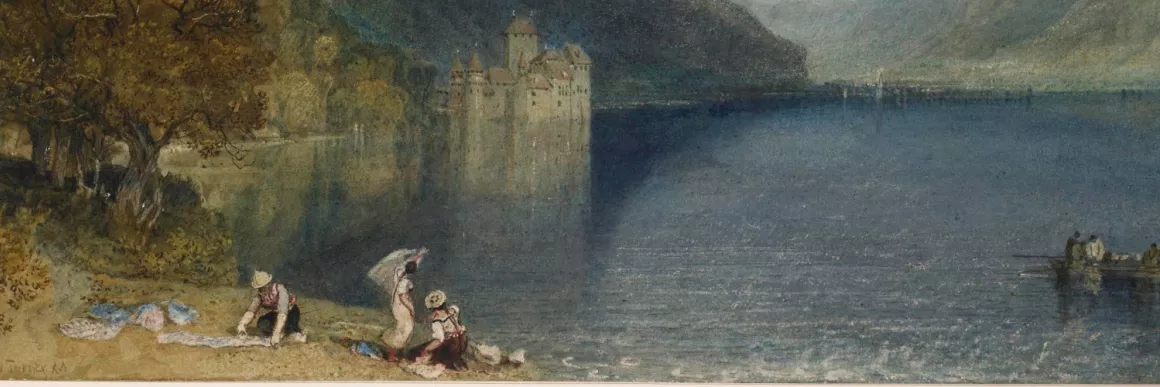Once upon a time (or so the story goes) only six male poets made up the field of British Romanticism, but in the mid-1980s, born out of the body of Anglo-American feminist scholarship, poststructuralism, and French psychoanalytical criticism, there emerged a counter narrative of literary production and achievement in the period. Anne Mellor was at the forefront of a group of scholars intent upon the recovery and critical engagement of Romantic women writers either neglected (Mary Wollstonecraft and Mary Shelley), misplaced (Jane Austen) or simply forgotten (Anna Barbauld, Charlotte Smith, Felicia Hemans, Letitia Landon, and myriad others).
Abstract
RE: Do you feel that your work comes out of the classroom or do you see it more of as an organic process between research and teaching?
Abstract
You asked me what I’m working on now. I’m doing [a course] for the first time this spring [and] I’m a little anxious about it actually. It is a lecture course just on Jane Austen. And we’re going to read all her six novels as well as juvenilia.
Abstract
Through Wollstonecraft’s Vindication of the Rights of Woman where Wollstonecraft talks about the slavery of parent-child relations producing the slavery of marriage and producing a personality—a female personality—that Wollstonecraft finally defines as abject.
Abstract
AME: I got interested in feminist science fiction back in the early 80s when it was modeling all sorts of alternative utopian possibilities for gender relations, [and] for sex identity. And it really got me thinking about what sex-based characteristics are really located in biology and which ones are social constructions.
Abstract
AM: No, and I’m also not content with the unborn soul and the return to the originary chaos of Act IV of Prometheus Unbound. I want to see actual social improvement on the ground in the world in which we actually live, not withdrawing into a cave either. And also, the more I worked on Mary Shelley, the more critical I became of Percy Shelley’s concept of gender and sexual relations, as well as of his personal biographical behavior to his wife and children.
Abstract
AM: They are really trying to define a new type of man. What Wollstonecraft defines as the modest man, the middle-class bourgeois professional, robust, benevolent figure, but they come across as kind of stick figures because [the writers] don’t have a lot of experience of such people.
Abstract
AM: I don’t know. I’ve been a little frustrated actually. I had thought by now there would be more systematic work on the women writers, the single-author, really in-depth researched projects ongoing and appearing and not as many have come along.
Abstract
But a lot more work to be done in Romanticism particularly around religion. Because one of the things I’ve come recently to appreciate is how strongly different religious alliances impacted on women writers, more so than on male writers.
Abstract
RE: So here we are in Anne’s living room, and I just wanted to open by saying how happy I am to be here, where I’ve had so many wonderful experiences with the UCLA Romantic Study Group. I thought that we would start with you talking a little bit about that group, how it came into being, how long you’ve been doing it, and which were the most notable talks you remember.
Abstract
About
An Interview with Anne Mellor © 2013 by Roxanne Eberle is licensed under CC BY-NC-ND 4.0

